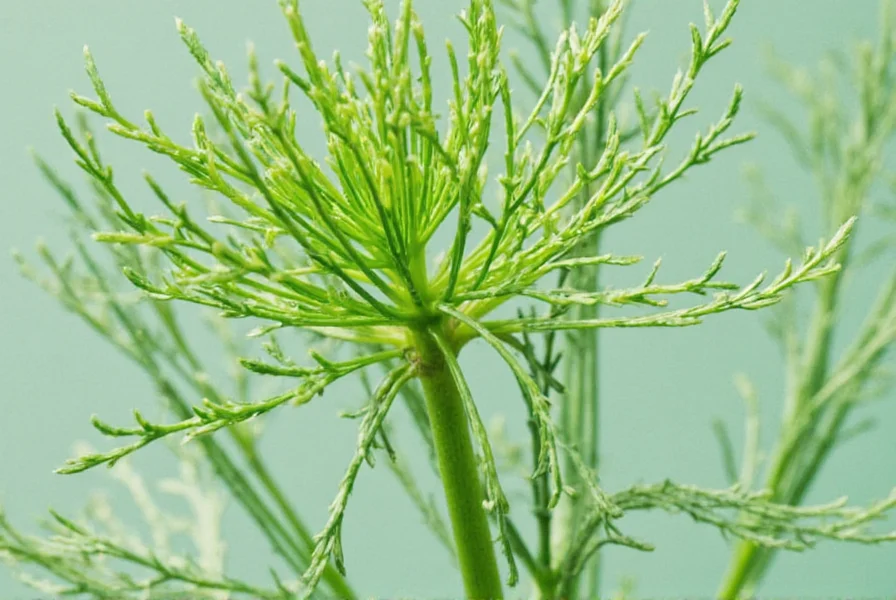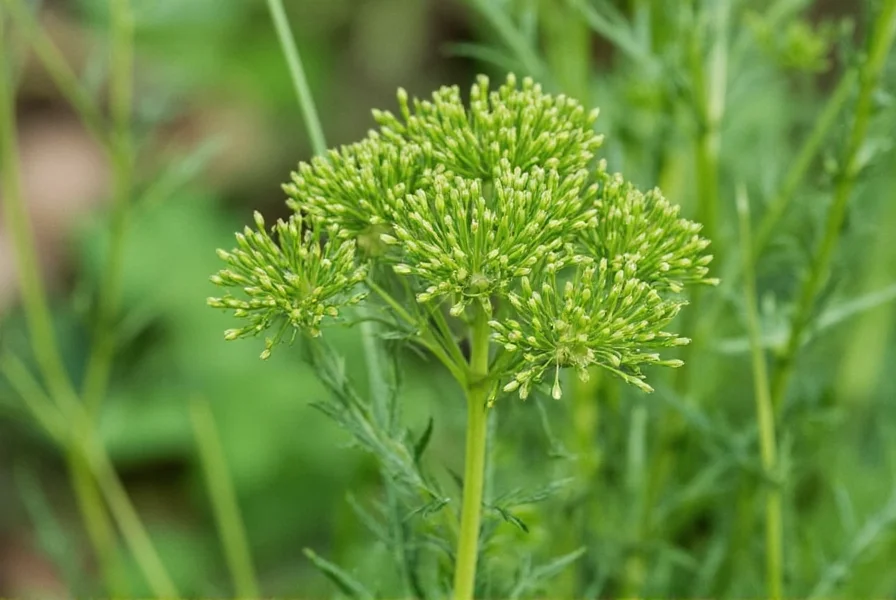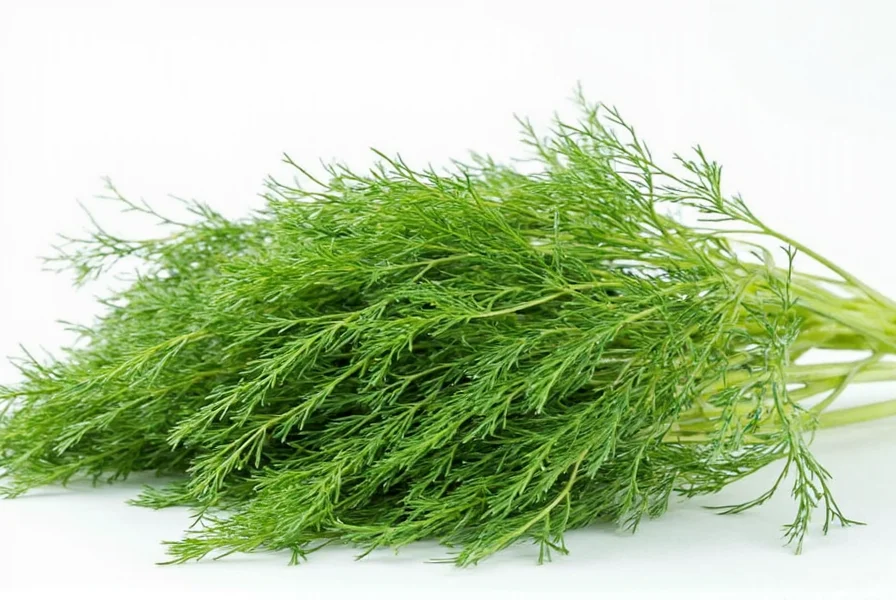Many people wonder is dill weed good for you after hearing about its potential health properties or encountering confusion about the term 'weed' in its name. Let's clarify this common culinary herb and separate fact from fiction regarding its nutritional value.
What Exactly Is Dill Weed? Setting the Record Straight
Dill weed refers specifically to the feathery green leaves of the dill plant (Anethum graveolens), not to be confused with dill seed which comes from the same plant but has a different flavor profile and uses. The term 'weed' in this context is simply an old English word for plant, not related to marijuana in any way. This common culinary herb has been used for thousands of years in Mediterranean and Eastern European cooking, particularly in dishes like pickles, fish recipes, and salad dressings.

Nutritional Profile of Dill Weed
While dill weed is typically used in small quantities, it packs a surprising nutritional punch for such a delicate herb. A tablespoon (about 2 grams) of fresh dill weed contains:
| Nutrient | Amount per Tbsp | % Daily Value |
|---|---|---|
| Vitamin A | 450 IU | 9% |
| Vitamin C | 2.4 mg | 4% |
| Calcium | 11 mg | 1% |
| Iron | 0.4 mg | 2% |
| Manganese | 0.03 mg | 1% |
When used more liberally, such as in dill-based sauces or as a primary herb in dishes, the nutritional contribution becomes more significant. Dill weed also contains beneficial plant compounds including flavonoids, monoterpenes, and tannins that contribute to its potential health effects.
Science-Backed Health Benefits of Dill Weed
Research on dill weed's health benefits, while not extensive, shows promising results for several aspects of wellness. Understanding is fresh dill weed good for you requires examining the scientific evidence behind its potential benefits.
Digestive Health Support
One of dill weed's most well-documented traditional uses is for digestive support. Studies suggest that dill contains compounds that may help relax gastrointestinal muscles, potentially reducing bloating, gas, and cramping. A 2017 review published in the journal Phytotherapy Research noted dill's traditional use for digestive issues and found preliminary evidence supporting its carminative (gas-relieving) properties.
Antioxidant Properties
Dill weed contains several antioxidant compounds, including vicenin and other flavonoids. These antioxidants help combat oxidative stress in the body, which is linked to chronic diseases and aging. Research in the Journal of Agricultural and Food Chemistry has identified dill as having significant antioxidant capacity compared to other common culinary herbs.
Potential Anti-Inflammatory Effects
Some laboratory studies suggest that dill extracts may have anti-inflammatory properties. While more human research is needed, these findings indicate potential benefits for conditions involving inflammation. When considering is dried dill weed good for you, note that while drying concentrates some compounds, it may reduce others, so both fresh and dried forms offer benefits.
Heart Health Considerations
Preliminary research indicates dill might support cardiovascular health through multiple mechanisms, including potential blood pressure regulation and cholesterol management. However, these effects have primarily been observed in animal studies, and human evidence remains limited.
Safety and Considerations When Using Dill Weed
For most people, dill weed is safe when consumed in typical food amounts. However, certain considerations apply when evaluating is dill weed good for your health in specific circumstances:
- Allergies: Some individuals may experience allergic reactions to dill, particularly those with sensitivities to other plants in the Apiaceae family (carrots, celery, parsley)
- Pregnancy and breastfeeding: Culinary amounts are generally considered safe, but medicinal doses should be avoided during pregnancy
- Medication interactions: Dill may interact with blood-thinning medications due to its vitamin K content
- Photosensitivity: In rare cases, handling large amounts of dill may cause skin sensitivity to sunlight

How to Maximize the Benefits of Dill Weed
To get the most nutritional value from dill weed while enjoying its distinctive flavor, consider these practical tips:
- Add fresh dill weed at the end of cooking to preserve its delicate flavor and nutrients
- Pair dill with healthy fats like olive oil or avocado to enhance absorption of its fat-soluble vitamins
- Use dill weed in place of salt in recipes to reduce sodium intake while adding flavor
- Combine dill with other antioxidant-rich herbs like parsley and cilantro for maximum benefit
- Store fresh dill properly by placing the stems in water and covering loosely with a plastic bag in the refrigerator
Dill Weed: Food, Not Medicine
While exploring is dill weed good for you health-wise, it's crucial to maintain realistic expectations. Dill weed is a nutritious culinary herb that can contribute to a healthy diet, but it's not a cure-all or replacement for medical treatment. The health benefits come from regular inclusion in a balanced diet rather than from consuming it as a medicinal supplement.
Some websites make exaggerated claims about dill weed's health properties, but the scientific evidence supports moderate benefits when used as a food ingredient. As with all herbs and foods, variety is key—incorporate dill weed as part of a diverse diet rich in many different plant foods.
Practical Ways to Enjoy Dill Weed
Here are simple ways to incorporate more dill weed into your meals:
- Stir fresh dill into Greek yogurt for a quick dip or sauce
- Add to potato salad instead of mayonnaise-heavy versions
- Include in homemade salad dressings with lemon juice and olive oil
- Sprinkle over grilled fish or chicken during the last few minutes of cooking
- Mix into cottage cheese or cream cheese spreads
- Add to cucumber salads for a refreshing side dish
- Blend into smoothies for an unexpected flavor boost











 浙公网安备
33010002000092号
浙公网安备
33010002000092号 浙B2-20120091-4
浙B2-20120091-4